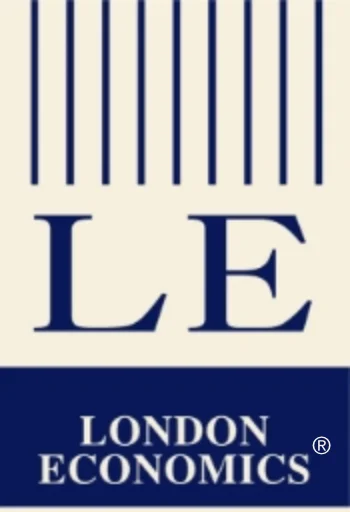Distributed energy is on the rise due to customers’ willingness to “trade reliability for independence and convenience,” states AJ Goulding, President of London Economics International LLC (“LEI”), during his presentation yesterday on the advancement of and competition for Distributed Energy Resources (“DERs”) to the CAMPUT Annual Conference 2017’s CEA’s Regulatory Innovation Task Group (“RITG”).
Mr. Goulding’s panel, entitled Distributed Energy Resources: Regulatory Framework and Ratemaking Considerations, looked at what current competition looks like for DERs and how to adjust regulatory frameworks to the new competitive paradigm. Using comparisons to the emergence of cellphones and railroads, Mr. Goulding noted that the utilization of DERs creates a shift in the evolving market of energy supply and that modifications to the existing landscape might be necessary to help DERs thrive. Mr. Goulding observed that customer needs are not based on reliability alone and opined that “reliability may be overrated.” He goes on to state that DERs could mimic cellphone usage in terms of customer acceptance and that “significant new investment in wires has an increasing risk of being stranded as customers become more comfortable with DERs.”
The presentation elaborated on the importance of adapting to the future from the perspective of regulators, customers, and system operators. A regulatory vision for 2030 was also outlined in the presentation which outlined numerous objectives, including: ceilings rather than floors should be set; open access at distribution level; and funding for social mandates should come from taxpayers. Mr. Goulding also emphasized the importance in employing caution in designing DER programs and issued warnings against making the process unnecessarily bureaucratic or embed advantages to incumbents.
“Changes in technology and relative economics almost always outrun changes in regulation,” Mr. Goulding remarked. He further stated that regulators needed to adjust their way of thinking as they “find it more difficult to think in terms of ‘value’ instead of cost… Value differs by customer, but rates do not.” As such, he commented that the changes to the existing framework will force utilities to respond by revaluating existing principles and will “need to be able to align pricing with customer perceptions of value [including the] ability to deviate from [the] tariff” as well as enforcing “less rigid customer classifications.”
For further reading, please refer to Mr. Goulding’s report for Columbia University’s School of International and Public Affairs entitled Railroads, Utilities and Free Parking: What the Evolution of Transport Monopolies Tells Us About the Power Network of the Future.[1]
Additional information on CAMPUT 2017 is available online at https://www.eiseverywhere.com/ehome/camput2017/welcome/
[1] Goulding, AJ. Railroads, Utilities and Free Parking: What the Evolution of Transport Monopolies Tells Us About the Power Network of the Future. Columbia University. SIPA – Center on Global Energy Policy. November 2016. Web <https://energypolicy.columbia.edu/sites/default/files/energy/Railroads_Utilities_and_Free_Parking_What_Evolution_of_Transport_Monopolies_tells_us_about_Power_network_of_future.pdf>.
